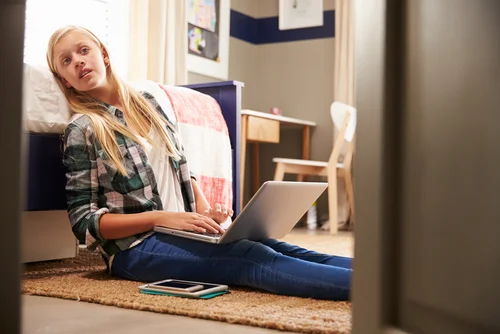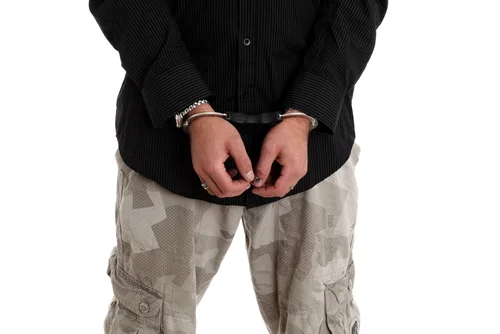+1 845 259 2974 (11 a.m to 7 p.m CST)
How Social Media Affects Your Children's Mental Health

Social media has become a ubiquitous part of most children's lives. While social media platforms like Facebook, Instagram, and Snapchat provide ways for kids to connect with friends and explore their interests, excessive use can negatively impact mental health. Parents should be aware of these potential dangers.
The Drawbacks of Social Media Use
Numerous studies have linked social media usage in kids and teens to increased rates of anxiety, depression, loneliness, and suicide ideation. Here are some of the main ways that social media negatively impacts mental health:
- Social Comparison - Seeing filtered images of peers having fun or looking perfect often leads kids to make negative comparisons. This can lower self-esteem and increase depression.
- Cyberbullying - Bullying that takes place online is a significant problem. Being the target of cruel comments, gossip, or harassment on social media can cause anxiety, depression, and thoughts of self-harm.
- Disrupted Sleep - Using phones and social media at night disrupts natural sleep rhythms. Lack of quality sleep is linked to many issues like anxiety, irritability, and difficulty concentrating.
- FOMO - The fear of missing out drives many kids to constantly check their feeds. Obsessively staying connected leads to distraction and anxious thoughts.
Signs Your Child is Struggling
How can you tell if your child is being negatively impacted by social media? Watch for both emotional and behavioral clues like:
- Declining academic performance
- Withdrawing from friends and family
- Self-deprecating remarks or expressing dissatisfaction with appearance
- Outbursts of anger or exaggerated emotional reactions
- Obsessively checking their phone
If you observe any signs of a mental health problem, reach out to a pediatrician or mental health professional. Don't hesitate to ask for help.
What You Can Do About It
The key to minimizing the risks of social media is not eliminating it entirely, but teaching kids to manage it in healthy ways. Here are some tips:
Set Reasonable Limits
Have ongoing conversations about appropriate social media use. Set age-appropriate limits on things like screen time. Make sure devices are put away during study time and at least an hour before bedtime.
Utilize Parental Controls
Parental control tools let you restrict usage times, limit access to certain apps and websites, and monitor activity. Enable privacy settings and disable location sharing when possible. Keep young kids off platforms with unrestricted messaging. If you aren’t sure where to start, check out this Aura parental controls review from the security researchers at Cybernews.
Talk About Cyberbullying
Let kids know that if they are being bullied online, they should not respond. Instead, screenshot evidence and talk to you or another trusted adult who can intervene. Report cyberbullying to the platform and authorities when necessary.
Model Healthy Use
Set a good example by limiting your own social media usage around your kids. Avoid making critical comparisons or obsessing over selfies. Show them how to responsibly use technology to connect with others and explore real interests.
Social media is part of the modern world kids are growing up in. While completely eliminating its risks is impossible, parents can take steps to promote healthy usage. With guidance, kids can learn to manage social media and technology in a balanced, responsible way.


















